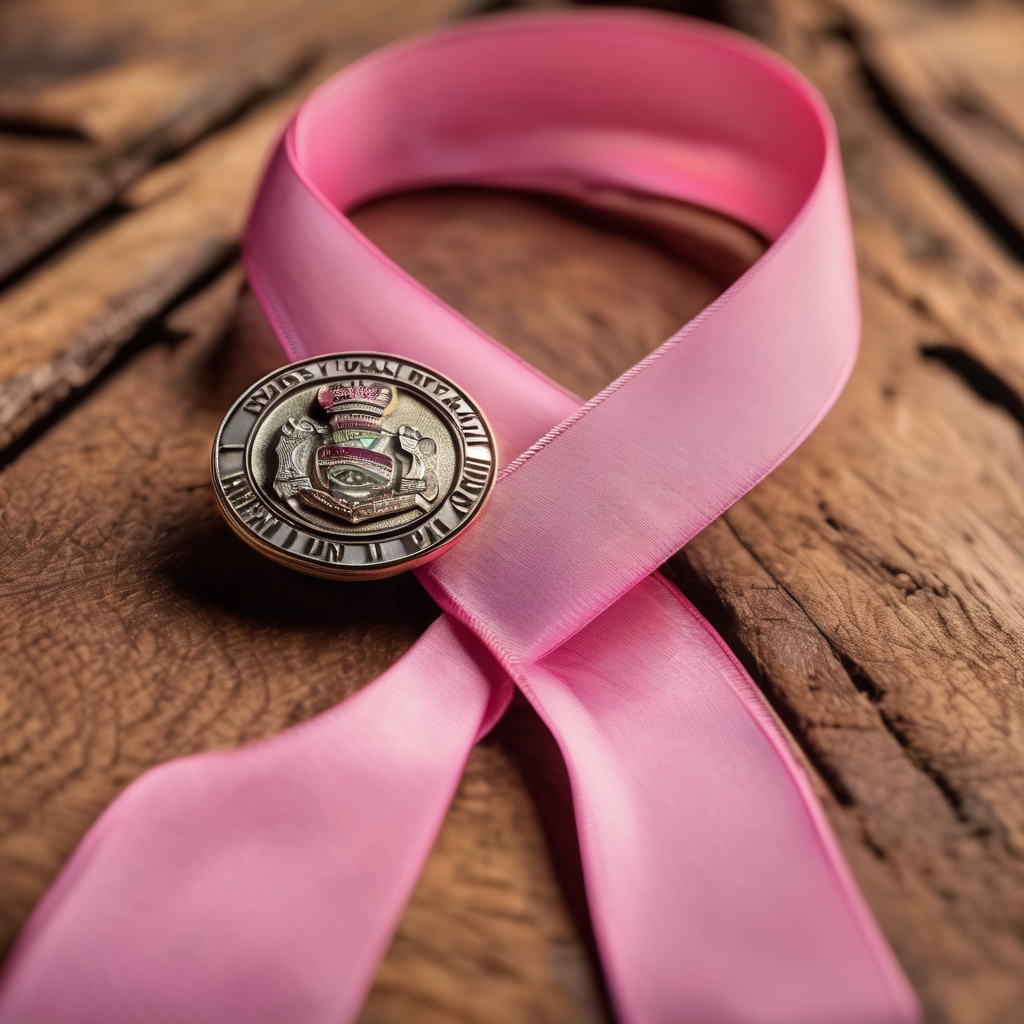Members of the Fiji Police Force Academy and officers participating in Basic Recruits Course Training engaged in the nationwide Pinktober campaign, highlighting the critical message that early detection can save lives. This initiative underscores the importance of raising awareness about cancer prevention and treatment.
The event featured Mrs. Naomi Pareti, a cancer survivor, who served as the chief guest. In sharing her personal journey, Mrs. Pareti emphasized the necessity of self-awareness and the importance of regular health checks, noting that timely medical intervention can significantly influence health outcomes. She stated, “Many wait too long to seek help. If my story encourages even one person to get checked early, then it is worth sharing.”
During her address, Mrs. Pareti expressed her gratitude for the unwavering support she received from her family, acknowledging the impact of her cancer battle on her loved ones as well. Following her testimony, officers interacted with the Medical Services Pacific (MSP) team, who provided further information about cancer prevention and treatment strategies.
The Fiji Police Force expressed sincere thanks to MSP and the Ministry of Health & Medical Services for their outreach efforts towards police families residing in the Nasova and Nasese areas. Additionally, special recognition was given to the New Zealand Police Senior Advisors at the Academy, who supported the Pinktober initiative and promoted a holistic approach to officer health and well-being, which is essential for effective policing and community service.
This event aligns with ongoing efforts throughout Fiji to combat rising cancer rates, as noted by health officials and previous Pinktober celebrations. For instance, health experts have been focusing on enhancing treatment options and raising awareness about cancer in both urban and rural communities. Such collective initiatives reflect a community commitment to improving cancer detection and treatment while fostering hope for affected individuals and families.
As these initiatives continue, there is a sense of optimism that the combined efforts of community support, health education, and proactive measures will contribute to better health outcomes for all, particularly as the campaign encourages early detection and addresses the needs of patients across diverse demographics.
